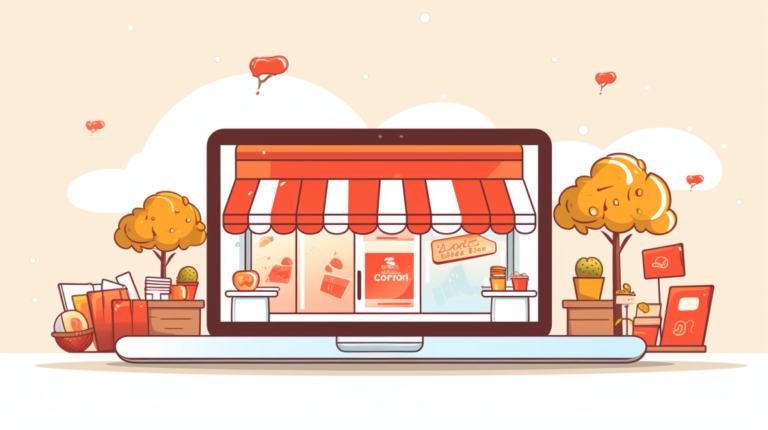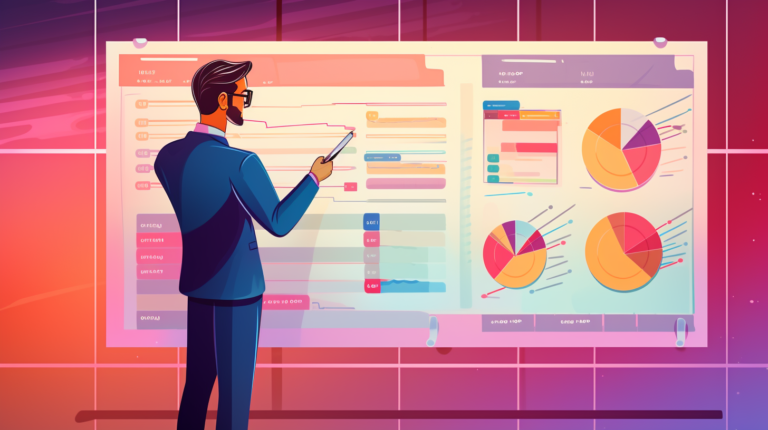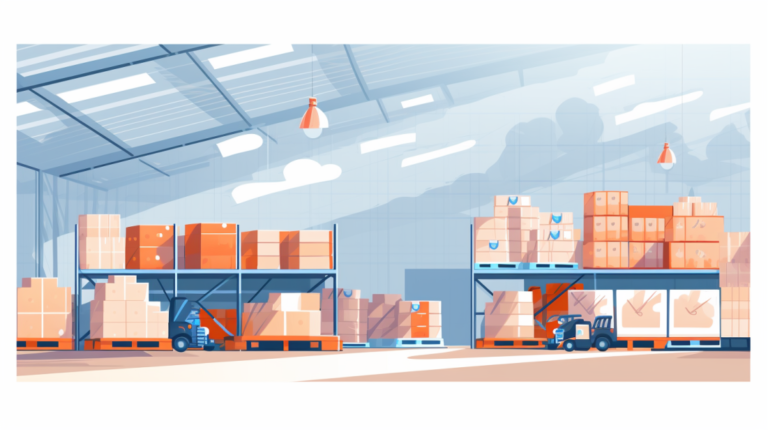Small Business Cybersecurity Measures
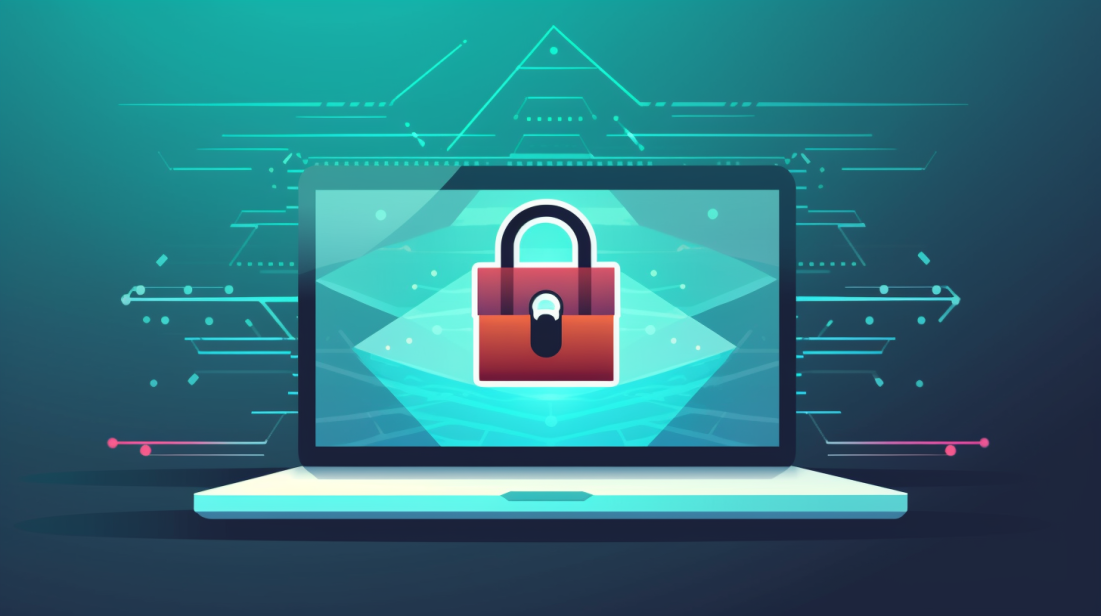
Imagine this: you’ve put your blood, sweat and tears into building up your small business, but one day you wake up to a nightmare – a cyber attack has dismantled everything. It’s an unnerving reality; we know it all too well.
Especially considering the chilling fact that 43% of these cyber attacks specifically prey on small businesses like yours.
But don’t worry, we haven’t left any stone unturned in studying cybersecurity measures that every savvy small business owner should have at their disposal for protection against such demolition crews.
Think of this article as a virtual guardian angel hovering over your company’s cyberspace – laying out must-do practices from educating employees about safe internet navigation and implementing regular risk assessment routines, to mastering encryption methods that can give real muscle to your defense mechanisms.
Piqued your interest? Leverage the power of knowledge as we dive deeper together into safeguarding what matters most: Your hard-built enterprise!
Key Takeaways
- Cybersecurity keeps your small business safe online. It protects against bad people who want to steal important stuff like money and secrets.
- Cyberattacks can hurt small businesses. They take away money, time and trust from customers.
- You can help keep your business safe with things like worker training, risk checks, antivirus software, updates and backups.
- Password safety is key too! Using a password manager helps you keep all passwords strong and secret.
- VPNs are useful for hiding who you are on the internet. This way nobody else can get to your data!
- Always pick a cybersecurity company that fits what you need. They will look at any weak points in cloud security, network defense, or data safety – before it’s too late!
The Importance of Cybersecurity for Small Businesses
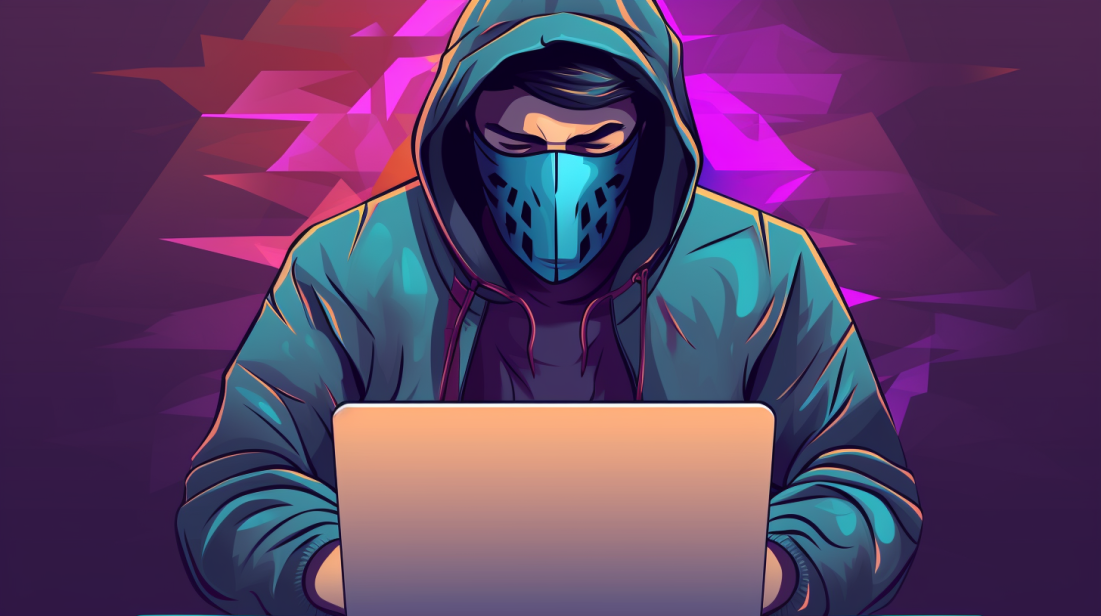
Cybersecurity plays a big role for small businesses. It keeps us safe from the bad guys who want to steal important stuff like money and secrets. When they do this, it’s called a cyber attack.
Cyber attacks can make us lose money and other valuable things in our business, which we don’t want! Also, people won’t trust our business anymore if their private details get stolen.
So cybersecurity helps protect our facts and figures from being taken wrongly online. Without it, scary viruses could damage or break our computers systems completely – that would be awful! The river of data flowing through any small business needs a strong wall – thats what cybersecurity is all about; building walls to keep unwanted visitors out considering the high risks involved.
For sure as night follows day, I reckon nobody wants their details getting into wrong hands on the internet because of my negligence with cybersecurity at my shopfront!
The Impact of Cyberattacks on Small Businesses
Cyberattacks hit small businesses hard. Hackers come in, steal data, and leave a mess behind. The money lost is big. It adds up fast when you think of the cost to fix things, lost sales, and customers not coming back because they don’t trust us anymore.
Time spent fixing it all is time not spent growing our business too! These hackers know what they’re doing. We need to be ready with good cybersecurity measures so we can keep them out.
Essential Cybersecurity Measures for Small Businesses
Every small business can bolster their cyber defenses with indispensable measures like employee training, data encryption, secure Wi-Fi networking, and strong password policies. With the increasing threats faced by businesses online today – from malware to phishing attacks – having a robust cybersecurity plan in place is more crucial than ever.
Dive deeper into these safety strategies that could save your small business from catastrophic cyber attacks.
Training Employees
I ensure my team knows how to stay safe online. They learn all about password security, phishing scams and how to browse the internet safely. I make sure we do this training often so they stay up-to-date on new cyber threats.
This keeps our small business secure from data breaches and cyberattacks. Teaching them cyber safety is a big part of our cybersecurity measures.
Regular Risk Assessment

I always check for risks in my business. I keep an eye out for weak spots in my internet safety. Testing often keeps me ready when bad things happen online. This way, I can spot any holes before hackers do and fix them right away.
Assessing risks helps safeguard the company’s sensitive details from cyber attacks.
Installation of Antivirus Software
Let me tell you about the role of antivirus software. This is a big part of small business cybersecurity! Having good antivirus software gives your company a shield against harmful stuff on the internet.
It spots and cuts out any bad programs that can hurt your data. A good tip is to keep this software fresh and up-to-date for the best safety. The neat thing about it is, it also keeps off risky websites.
I advise going for trusted names when choosing antivirus solutions for your outfit’s online safety needs.
Regular Software Updates
Software updates are not just for new features. They also fix security holes. Hackers love old software because it has lots of weak spots to attack. As small business, you should keep all your systems up-to-date.
From your website to office tools, everything needs the latest update.
It’s true that updates take time and can disrupt work sometimes. But think about this: what if a hacker finds these weak spots? They could steal customer data or even shut down your business.
So, don’t wait too long to update your software!
Frequent Backup of Files
Keeping your files safe is key in your business. How can you do that? It’s simple – backup often! Doing this shields you from data loss if a cyberattack happens or something goes wrong with the system.
Best practice says do it every day or at least once a week. So, where should these copies go? Cloud storage is handy and external hard drives work well too. Yes, it takes some time, but think about how much time you would lose if all your files vanished! Regular backup keeps everyone feeling calm and confident about data safety.
Data Encryption
Data encryption is like a super lock for your business files. It makes your data look like a secret code that only you have the key to. This is how it works: it takes your normal data and flips it into strange symbols and letters.
Only the right key can flip it back to normal again. No key, no luck! Anyone trying to peek at your data without this key will be left scratching their heads. Your emails, files, even whole databases – they all stay safe with encryption‘s top-notch security features in place.
Limited Access to Sensitive Data
You want to keep your data safe, right? Be careful who can reach it! It’s called “Limited Access“. This means only a few workers get in touch with sensitive data. Why is that good? Your business faces less danger if fewer people can see the data.
So, attacks may be harder for bad guys to do. But this action also has challenges. You need to know how your system works. And you must follow rules about keeping the internet safe.
Securing Wi-Fi Network
Securing your Wi-Fi network is very important. Make sure you use a strong password that is unique to your business. Don’t allow guests or people who don’t belong in the company on this network.
If you need to have guest access, set up a separate network for them.
Adding another layer for safety can also help. You do this by turning on things called WPA2 or WPA3. These encrypt your data so it’s harder for bad guys to read it if they get hold of it.
It’s like putting secret code in it! Also, keep all devices and routers updated with special patches and fixes from the maker. This helps keep out hackers that know about weak spots in old software or tools.
You should also add a firewall to watch over everything coming into and going from your network, just like guards at a gate control who comes into their town!
Implementation of Strong Password Policy

Having a strong password policy is one step for securing your small business. It keeps valuable data safe from cyber threats. Make sure everyone uses complex codes that have both big and small letters, numbers, and special signs.
They must not use old ones to stay guarded at all times. To add more safety layers, other checks like fingerprint scans or unique sign-in passwords should be in place too. This will block out anyone who tries to get hold of your business resources without permission.
Keeping a strict check on these points can make a big change in your fight against cyber risks.
Use of Password Managers
Password managers are my secret tool for keeping all online accounts safe. These tools store and manage passwords in a secure way. With them, I can easily make strong and different passwords for each site I use.
Each password is locked up tight, changed into code so no hacker can read it. Some of these handy helpers also provide extra layers of security, like two-factor checks or new password making options.
This makes sure every bit of data stays away from prying eyes!
Firewall Deployment
Firewalls are like a guard for your business. They keep your data safe from bad people. Firewalls stop anyone who should not get to your network from getting in. They look at all the stuff coming into, and going out of, your computer network.
If they see anything bad like malware or hacking tries, they stop it right away. So with firewalls, you can keep things like customer details and money records safe and sound!
Use of Virtual Private Networks (VPNs)
You should use Virtual Private Networks (VPNs). With VPNs, you get a safe way to connect online. VPNs hide who you are on the internet. It is like having a secret code that nobody else can read.
This helps your business stay safe from cyber threats like hacking and data breaches.
VPNs let your remote workers access company networks in a secure manner too. They prevent people who do not have permission from getting into your business data. If you must work on an open Wi-Fi network, using a VPN lowers the risk of someone stealing your information.
Guarding Against Physical Theft
Physical theft is a real threat to small businesses. We need to have strong locks on the doors. We should use cameras that watch all areas of our space and alarms that can warn us about theft.
We need well-lit areas outside too, so thieves cannot hide in the shadows. Making sure staff know security rules helps guard against theft as well. A good idea is talking with local police so they understand our business and can help if there are any problems.
An inventory count tells us what we have, and it’s easy to see if something goes missing then.
Ensuring Mobile Device Security
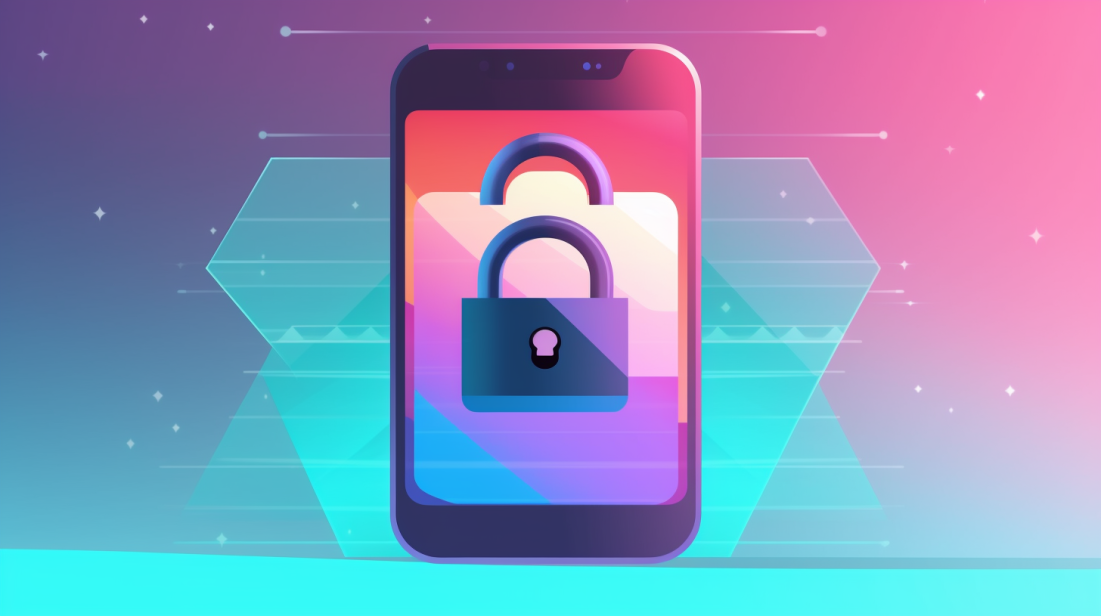
We need to keep our mobile devices safe. They can face threats like bad software and stolen data. Strong passwords help a lot. Using more than one step for logging in adds extra safety.
We should also update our device and app software often, this fixes weak points that attackers use to sneak in. It’s a good idea to teach workers about these dangers too, so they know the best ways to stay safe on their phones or tablets.
Lastly, using tools called Mobile Device Management solutions lets us watch over all the mobile devices we work with and deal with any problems we find early on instead of later, when it might be too late.
Choosing the Right Cybersecurity Company
Picking the best cybersecurity company is a critical task. Each small business has different needs for protection. Do a full review of your needs first. Think about cloud security, overall network defense, and how to keep data safe.
The history and image of the cybersecurity firm matter too. Look at their past work in solving cyber threats. Top firms active watch cyber spaces for bad signs before it’s late. These companies know what may happen next in digital dangers well ahead of time.
Identifying Common Cybersecurity Measures
I’ll take you through some common cybersecurity measures that every small business should implement. These include creating a secure configuration, ensuring network security, preventing malware attacks, managing user identity and access points, implementing control of removable media, employing VPNs for remote workers to use safely and conducting user education and awareness training.
Secure Configuration
I secure the setup of our computers and software in my business to fend off cyber threats. This action is called “Secure Configuration“. It’s key for keeping my small business safe from online attacks.
I stop unwanted access and protect sensitive data by using this process. Strong passwords, updated software, and firewalls are a big part of maintaining a sturdy defense. To stay on top of constant changes in cyber dangers, I keep track of and update our security setups regularly.
Network Security
In simple terms, network security is like a watchdog for your business. It keeps an eye on who comes in and goes out of your cyber space. It fights off bad guys trying to steal or harm your important stuff.
This includes things like customer details, bank account numbers or inside secrets about the company. Business today use heaps of ways to strengthen their network security but multi-factor authentication (MFA) has proven itself strong.
MFA means that users can only log into the system if they give two or more pieces of proof that it’s really them – not some bad guy pretending to be them! Sadly though, very few businesses are ready for attacks with only 14% having strong enough shields up.
Let’s make sure yours is one of those safe ones by using things like tough-to-crack passwords and educating team members about cyber smarts!
Malware Prevention
Keep safe from malware! You can do this in a few ways. First, train your team to spot dangerous signs. Teach them how not to fall for scams that plant nasty pieces of malware on systems.
Keep all software up-to-date too. Every update includes fixes to make it harder for malware to get in. Always back up data just in case you need a fresh start after an attack. Also, strong passwords help keep bad guys out and use multi-factor checks when possible.
Managing User Identity and Access
Controlling who does what in your small business is important. This is known as managing user identity and access. For example, not every worker should have the keys to all data. It’s better to give out tasks and rights tied to each job role.
The use of strong methods like two-factor fixes helps a lot here. They make sure only allowed folks get through to your data. Also, keep an eye on what people do when they log into the system.
This picks up strange acts fast for you to act on them.
Each day we need to look at who has been given too much power and set it right if needed. Training our team about these matters can also be very useful in avoiding problems from happening later down the line.
Control of Removable Media
Keeping track of little things, like thumb drives, is a smart move. These tiny tools can lead to big problems if not handled right. It’s best to set rules for when and how they are used at work.
You should always know who uses them and why. This way, you can lower the risk of losing important data or having it stolen. Encryption software adds another layer of safety to this process.
Using it means that even if someone gets their hands on your drive, they won’t be able to make sense of what’s on it without the right key!
Use of VPN for Remote Employees

Using a VPN is a smart move for remote workers. It gives them an encrypted tunnel to send data. This type of setup keeps online tasks private and secure. Most importantly, it allows access to company networks from anywhere! Sensitive data like customer details stay safe thanks to it.
Plus, it’s also a money-saver for small businesses that need good cybersecurity on a budget. As if those perks aren’t enough, using VPNs also helps maintain the law around data protection and privacy rules!
User Education and Awareness Training
Small businesses need good training to stay safe online. Here’s why:
- It helps staff know about cyber threats. They learn about scams, bad links, and risky emails.
- It shows them how to keep data safe. Staff get tips on making strong passwords and using secure networks.
- It makes a safe work culture. With good training, every person in the business can help stop cyber attacks.
- It saves money and trouble in the long run. If a business gets hacked, it costs a lot of time and money to fix things.
- It is part of the law for some places or types of work, so small businesses need to have it.
- Show real cases of cyber attacks on small businesses
- Talk about our policies for internet use, password set – ups, and what to do if there is a threat
- Share updates often about new risks and rules out there
- Test staff knowledge often on what they learned from training also make sure they put it into action.
The Role of Cybersecurity in Protecting Sensitive Personal Identifiable Information (PII / SPII)
I must say, cybersecurity is like a shield for your sensitive personal information. It keeps away bad guys who want to steal it. Some of this valuable information includes your full name, home address, email address, social security number, and even the names of family members! A single slip can mean huge losses or worse – identity theft.
Small businesses are often the ones targeted most often by these cybercriminals. They think smaller brands don’t have good enough protection in place since they may not have big budgets as larger companies do for cybersecurity.
That’s where encryption comes into play. Encryption changes your data into secret codes that only you know how to resolve back into readable info again — significantly reducing the chance of theft.
A second line of defense is having strong passwords and training all those workers reusing their simple-to-guess passwords over multiple platforms (this is a no-no in case you weren’t aware).
As much as many small business owners might hate updating software as frequently due to costs or time constraints.. I’m here to tell you that regular tech updates help increase protection against new threats popping up every day.
There’s no sense saving pennies now if it will cost us dollars later on when an easily avoidable mistake happens because systems were outdated.
Lastly but equally important – constant lookout for bugs or weak spots within our digital defenses allows quick fixes before any potential damage occurs while increasing overall internet safety levels at same time too! Monitoring round-the-clock significantly lessens chances for mishaps with sensitive info being left vulnerable out there without knowing about it soon enough until already too late.
The Importance of Regular Cybersecurity Reviews
We put much thought into our cybersecurity plan. Yet, if we don’t review it often, holes can slip through. These gaps in the plan may let cyber bad guys harm us. Small business owners must keep track of their online safety measure checks.
If these checks are regular, they know what works and what doesn’t.
This way, small firms stay safe from new cyber threats as well. At each check time, they learn more about new trends and risks lurking online just waiting to get them. They find out how much armor their current plans provide against such dangers.
Small businesses can also act fast on attacks if they do regular reviews of their methods for online safety measures. Not only that but getting back up after an attack becomes less hard with ready plans chalked out!
Conclusion
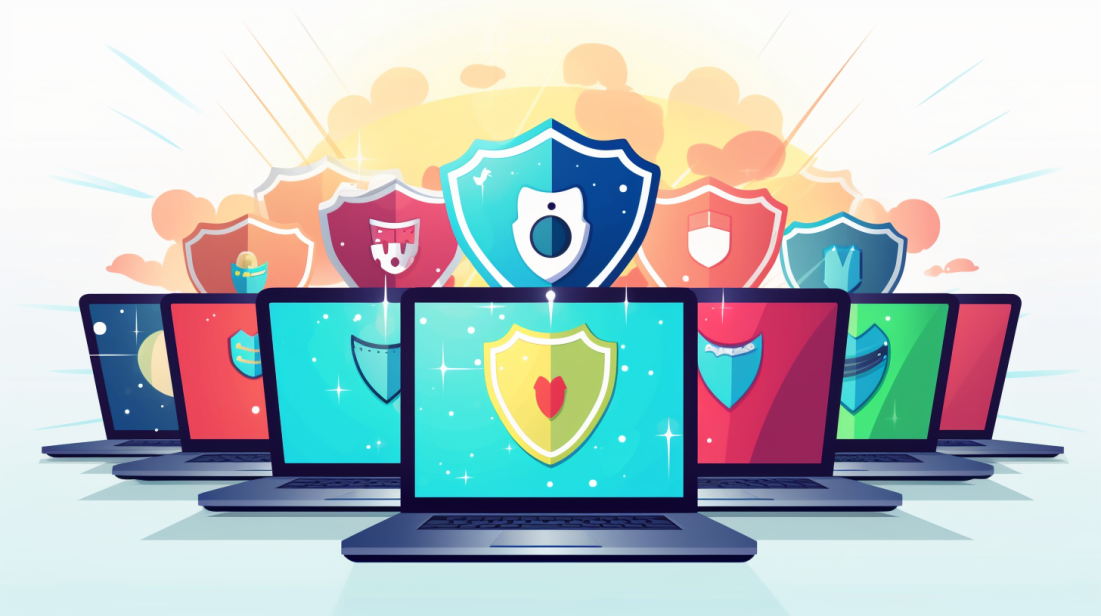
Small business cybersecurity measures are vital. These steps protect from dangers in the digital world. Every small firm should use them to be safe online. Cyber risks can cost a lot, so always being ready is best.
Are There Specific Small Business Grants for Women-Owned Businesses to Invest in Cybersecurity Measures?
Small business grants for women are available to invest in cybersecurity measures. With the increasing threats and vulnerabilities in the digital landscape, it is crucial for women-owned businesses to prioritize cybersecurity. These grants provide financial assistance to implement security protocols, train employees, and acquire necessary tools to safeguard sensitive data. Women entrepreneurs can leverage these grants to enhance their cybersecurity practices and protect their business operations.
FAQs
1. What are some common cybersecurity measures for small businesses?
Small businesses can boost their internet security by setting secure passwords, having a good backup data system, and using anti-virus software, firewall protection.
2. What is the role of cyber risk assessment in a business?
Cyber risk assessment helps to evaluate your business’s vulnerabilities and present a plan with the best practices in IT security measures that includes virus attack prevention as well as breach response.
3. How vital is employee awareness in Cybersecurity practice?
In Cyber Defense strategy, employees need to know about cybersecurity risks. With suitable training on privacy settings use and strong password rules, they boost digital asset protection.
4. Are there ways to protect online business from cybercrime attacks?
Yes! Prevention starts by having secure Wi-Fi networks, two-factor authentication systems and following other best cyber safety practices like user access control effort.
5. Why does my small business need an incident response plan for Internet Security?
An Incident Response Plan will guide you if there’s a security breach or any threat affecting your information safety occurs; It streamlines recovery process after an attack ensuring continuity in regular operations.
6.What tools can help enhance Small Business Data Security?
Using cybersecurity tools like Secure Remote Access providers StrongDM among others boosts Information Safety standards.They help safeguard technology resources thus protecting against potential Small business’s data threats consistently.

